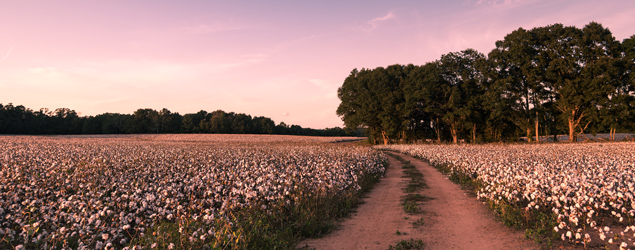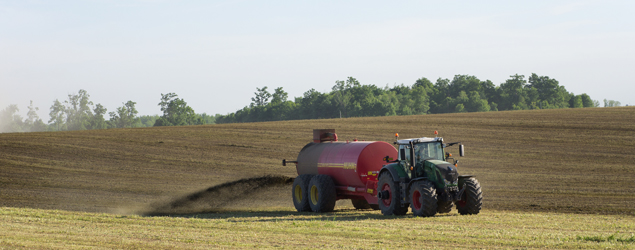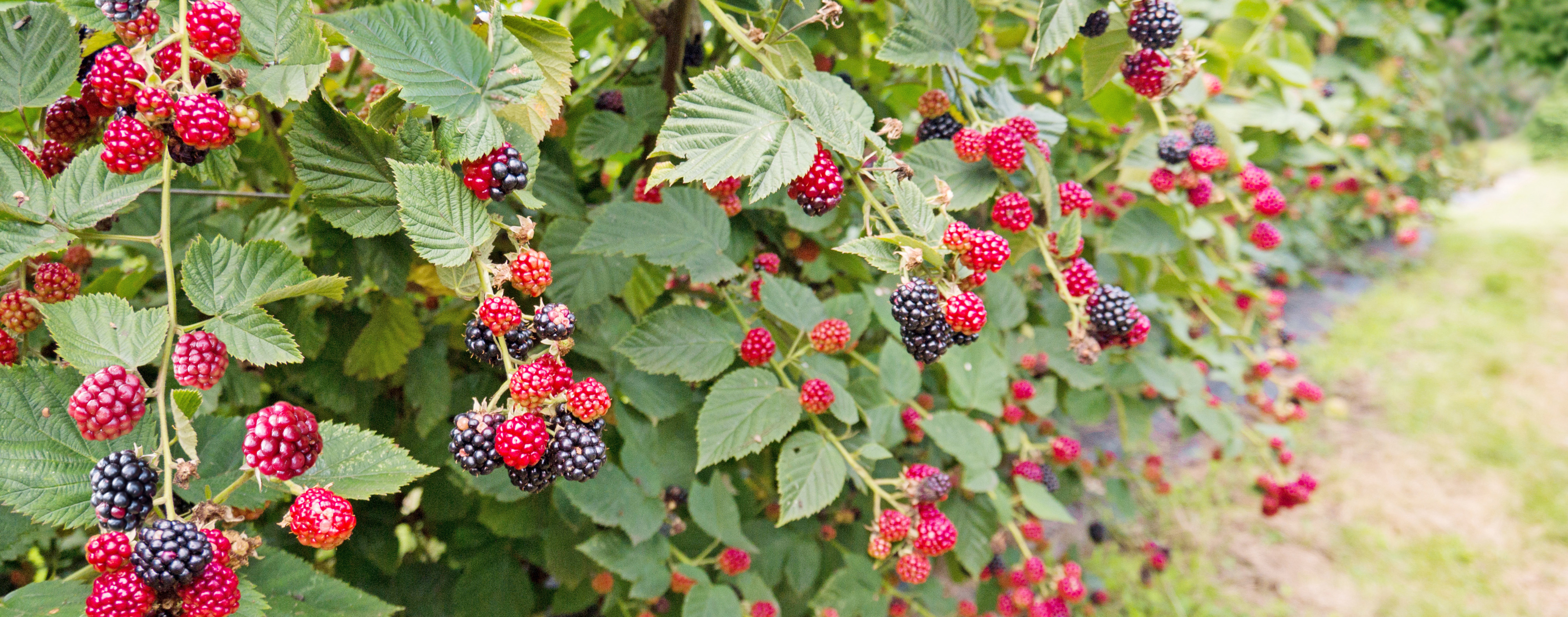Agriculture & Natural Resources

UPCOMING MERIWETHER COUNTY PROGRAMS
Georgia Commercial and Private Pesticide Licenses
Interested in getting a pesticide license? You may now take the Georgia Private Pesticide Applicator Exam on line by following the step-by-step instructions.
Visit the Georgia Commercial Pesticide Applicator's Testing Information Website for commercial exam information and registration.
Georgia Department of Agriculture/ GATE Card
Extension Publications



UGA Beef Team Blog
https://site.extension.uga.edu/beef/
Blueberry Blog
https://site.caes.uga.edu/blueberry/
On the Case Climate and Agriculture in the South East Blog
http://site.extension.uag.edu/climate/category/climate-summaries/
UGA Forage Team Blog
https://site.extension.uga.edu/forageteam
Georgia Integrated Pest Management Newsletters
http://ipm.caes.uga.edu/newsletters/index.html
Peach Blog
https://site.extension.uga.edu/peaches/
Pecan Blog
https://site.extension.uga.edu/pecan/
Strawberry Blog
https://site.extension.uga.edu/strawberry
Viticulture Blog
https://site.extension.uga.edu/viticulture
Georgia Forages Information
Agro Climate: Tools for Managing Climate Risk in Agriculture
Useful Links
- Agricultural Services Laboratory
- Animal & Dairy Science
- Aquaculture
- Auburn University Pond Page
- Beef Cattle
- Bugwood Network
- Center for Agribusiness & Economic Development
- Crop & Soil Sciences
- Dairy Fax
- Farmers and Consumers Market Bulletin
- Forestry Images
- Georgia County Guide & Farm Gate Value
- Georgia Department of Agriculture
Be sure and visit the UGA Extension Ag and Natural Resources website.
